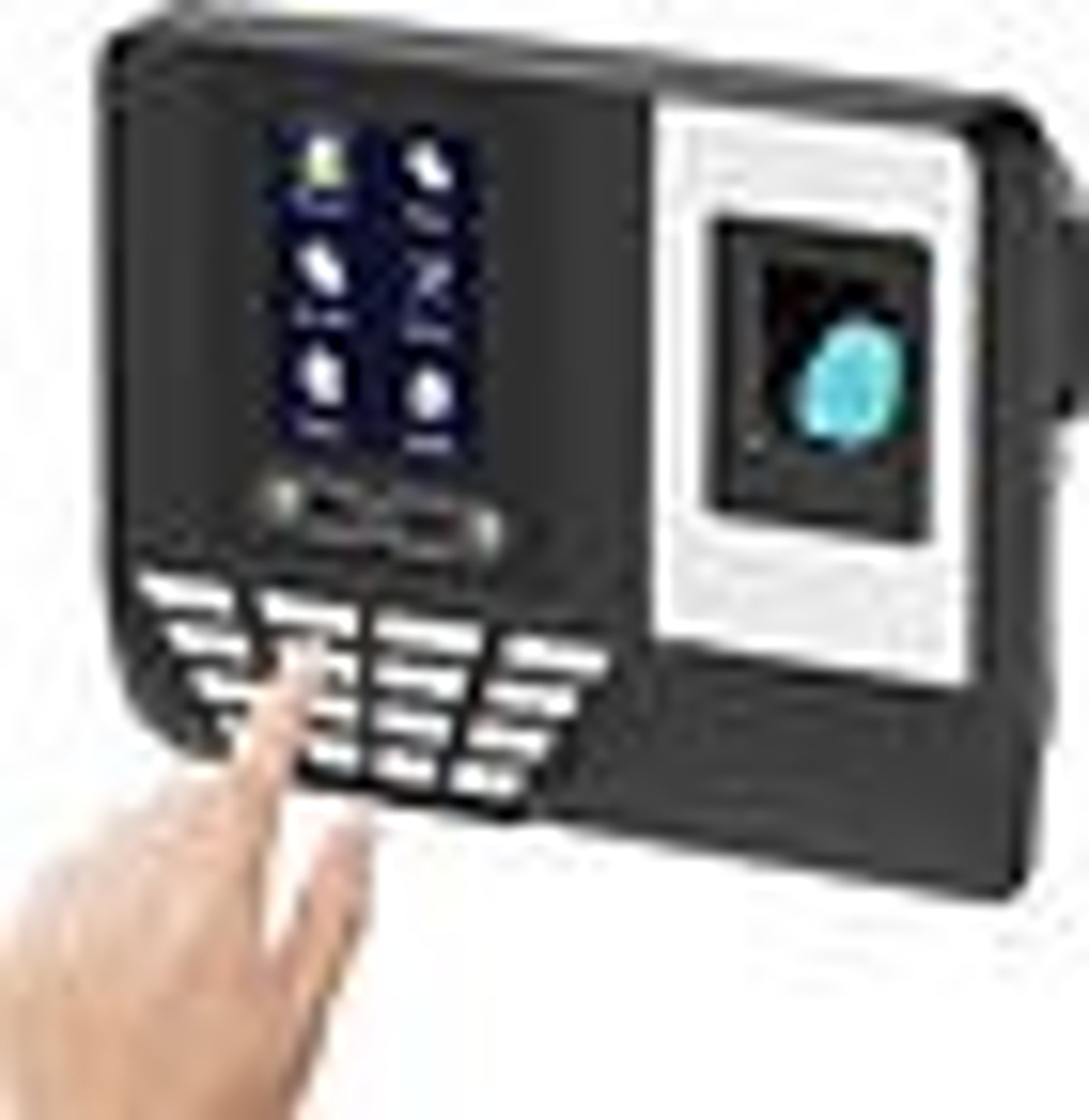📞 0722 666876




Artificial Intelligence In Human Resource Management
In this emerging technological advancement Innovativem Solutions Ltd will not be left behind. Artificial Intelligence (AI) in Human Resource Management (HRM) is emerging as a significant technology in Kenya, primarily by automating repetitive tasks like CV screening, improving recruitment efficiency, analyzing employee data for better talent development, and facilitating personalized learning experiences, thereby allowing HR professionals to focus on more strategic initiatives while addressing unique challenges related to the Kenyan workforce and local contexts. Artificial intelligence (AI) can help usher in a new era of human resource management, where data analytics, machine learning and automation can work together to save people time and
support higher-quality outcomes. As AI technology moves beyond automation to augmentation,companies may be looking at how AI tools can make the work of human resources (HR) better for employees and job seekers. It’s not just about saving time; it’s also about providing information,
insights and recommendations in near real-time. And that’s just the start of AI in human resources.
AI tools have the capabilities to assist HR leaders in a wide range of areas, including the following:
• Employee records management
• Recruitment and hiring processes
• Payroll processing
• Performance management and assessments
• Benefits administration
• Onboarding new employee
Challenges Of AI In HR
AI is a disruptive technology that comes with some challenges and things to keep in mind:
• Reskilling: AI and automation can eliminate certain types of work traditionally performed by people and could impact the roles of some employees. Tackle this challenge head on with a plan for reskilling talent and restructuring job roles in a way that’s empathetic to employees undergoing these changes.
• Employee privacy: Using AI to optimize processes and evaluate performance could raise
concerns. Employee privacy should be taken seriously and addressed in a data management
strategy before AI systems are used to collect and analyze personal data. Let employees know
what data is being collected and used for AI systems. Creating or using an AI system founded
on transparency is a first step towards helping to address privacy concerns.
• Bumpy rollouts: Organizations should be prepared to evolve AI models and continue to
optimize processes. Initial rollouts might result in less-than-desired employee experiences
and require tweaking. Companies should have the flexibility to change and adjust as needed.
• Cyber-security: AI is susceptible to hacking, especially during the training pipeline where
ML algorithms are created. Data poisoning attacks seed malicious code or information in
the training sets, potentially infecting countless ML model runs and, ultimately, the com-
pany network. Business leaders should work alongside IT and security operation centers
(SOCs) to create plans that will keep AI projects secure throughout their entire lifecycle.




Access Control & Time Management
The Face Recognition Terminal is a state-of-the-art access control solution that integrates
advanced biometric technology to enhance security and operational efficiency. Designed to
meet the needs of modern businesses, this terminal offers a seamless and secure way to
manage access and monitor entry points with precision.


Advance Face Recognition Technology
The Face Recognition Terminal utilizes sophisticated face recognition algorithms that ensure
high accuracy and speed. The system can recognize faces in less than a second, making it ideal
for high-traffic areas. With a recognition rate of over 99%, it significantly reduces the chances
of unauthorized access. The terminal supports face recognition even under various lighting
conditions,ensuring reliability day and night.


Robust Security Features
Security is paramount in the design of the Face Recognition Terminal. The device features
anti-spoofing technology that can differentiate between live faces and photographs or videos.
This ensures that attempts to bypass the system using fake images are effectively thwarted.
Additionally, the terminal can be integrated with existing security systems, such as CCTV and
alarm systems, providing a comprehensive security solution


User- Friendly Interface
The terminal boasts a 7-inch touchscreen display that offers a user-friendly interface. The
high-resolution screen provides clear visuals and intuitive navigation, making it easy for users
to interact with the system. The interface is customizable, allowing businesses to tailor the user
experience to their specific needs.
EASY INSTALLATION & INTEGRATION
Designed with ease of installation in mind, the Face Recognition Terminal can be quickly
deployed in various environments. It supports multiple communication protocols, including
TCP/IP, Wi-Fi, and RS-485, facilitating seamless integration with existing infrastructure.
The terminal also supports PoE (Power over Ethernet), simplifying the installation process by
reducing the need for additional power cables.
Comprehensive Management Software
From our partners we provide powerful management software. This software allows administrators to manage user data, configure system settings, and generate detailed access reports.The centralized management system is accessible via web and mobile applications, offering flexibility and convenience for administrators.
Application & Use Cases
The equipment is versatile and can be used in various applications, including corporate offices,
manufacturing facilities, educational institutions, and healthcare environments. In corporate
settings, it enhances security by ensuring that only authorized personnel can access sensitive
areas. In manufacturing, it helps monitor employee attendance and access to restricted zones.
Educational institutions benefit from improved safety and streamlined attendance tracking,
while healthcare facilities can use it to control access to sensitive areas and maintain a secure
environment for patients and staff.